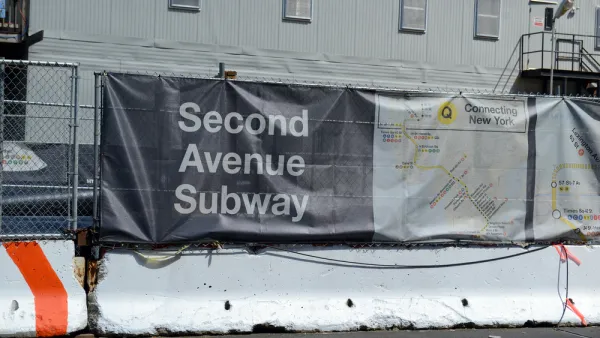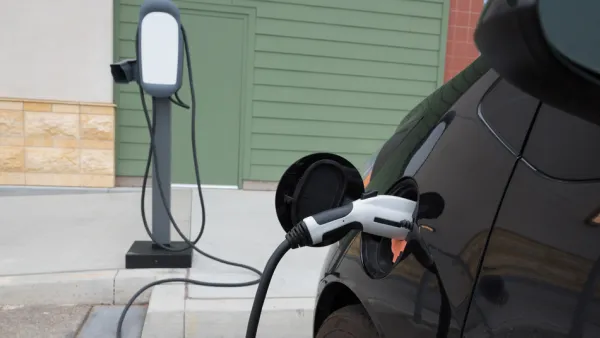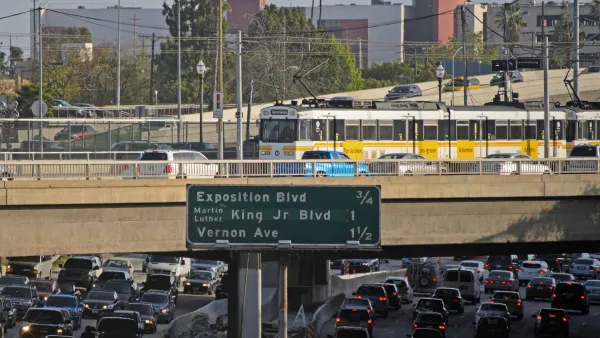Irvin Dawid discovered Planetizen when a classmate in an urban planning lab at San Jose State University shared it with him in 2003. When he left San Jose State that year, he took with him an interest in Planetizen, if not the master's degree in urban & regional planning.
As a long-time environmental activist, he formed the Sustainable Land Use committee for his local Sierra Club chapter and served six years on the Bay Area Air Quality Management District’s Advisory Council from 2002-2008. He maintains his interest in air quality by representing Sierra Club California on the Clean Air Dialogue, a working group of the Calif. Environmental Dialog representing business, regulatory and public health/environmental interests.
Major interests include transportation funding, e.g., gas taxes, vehicle miles traveled (VMT) fees, road tolls and energy subsidies that lead to unlevel playing fields for more sustainable choices.
He hails from Queens (Bayside) and Long Island (Great Neck); received an AAS in Fisheries & Wildlife Technology from SUNY Cobleskill and a B.S. from what is now Excelsior College.
After residing for three years on California’s North Coast, he’s lived on the San Francisco Peninsula since 1983, including 24 years in Palo Alto. Home is now near downtown Burlingame, a short bike-ride to the Caltrain station.
He’s been car-free since driving his 1972 Dodge Tradesman maxi-van, his means to exit Long Island in 1979, to the junkyard in 1988.
Major forms of transportation: A 1991 'citybike' and monthly Caltrain pass, zone 2-2. "It's no LIRR, but it may be the most bike friendly train in America."
Irvin can be reached at [email protected]
State of the Union: The Major Policy President Trump Missed
No, this post is not about the Russia investigation nor #MeToo, but the state of climate policy in the U.S. after President Trump's first year. Surprisingly, it's not as bad as one might think, no thanks to Trump though.

Value Capture Takes Prominent but Controversial Role in Fixing New York Subway
Value capture, collecting tax increment from subway adjacent properties to help provide money needed to repair the 114-year old subway system, is proposed by New York Gov. Andrew Cuomo and opposed by the New York City Mayor Bill de Blasio.

Gov. Jerry Brown Calls for Five Million ZEVs on California Roads by 2030
The executive order calls for $2.5 billion for rebates and electric charging and hydrogen fueling stations, subject to approval by legislature. His earlier executive order called for 1.5 million zero-emission vehicles by 2025.

L.A. Transit Ridership Drops 15 Percent in 5 Years Despite New Light Rail Extensions
Bus riders, comprising about three-quarters of Los Angeles Metro ridership, declined 21 percent since 2013, But it wasn't just bus routes—two light rail lines also lost riders.
Gov. Jerry Brown's 16th and Final State of the State
Infrastructure, climate change, and natural disasters were among the themes of the California governor's final address to the legislature and public. Two of his accomplishments, high-speed rail and increasing the gas tax, face uncertain futures.

























